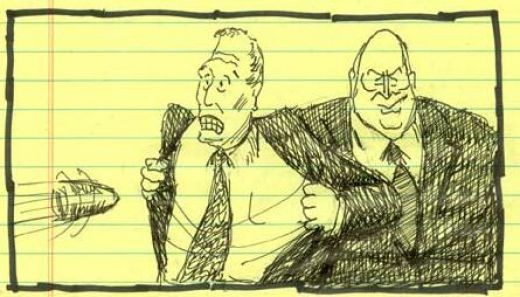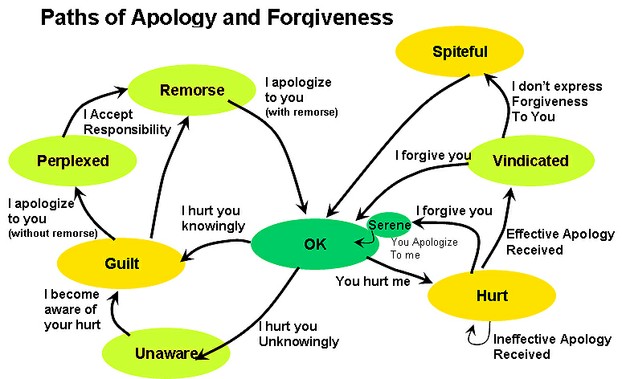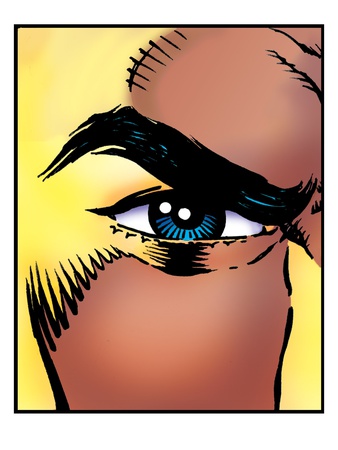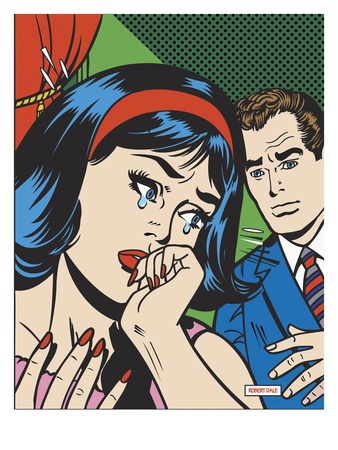Realize also when in pain all we want to do is cast the pain away from ourselves. We want to blame someone to get closure and to feel at least someone else is suffering with us. When you apologize and show compassion completely selflessly you give them that venting (the yelling that will inevitably follow your taking responsibility is a gift you give them when you just listen and don't react to it) as a gift.

You have to brace yourself and expect that they will react negatively, because depending on the amount of pain you caused (even if that was completely not the intention) they will have to expunge that pain.
Until they can remove the pain, and you, being the one who caused it, need to take that responsibility to become an outlet for them to release it a sponge of that reaction, they won't be able to think rationally about it, or even you or your intentions.
The pain is often the roadblock to them healing and them even being able to process what happened. The good news is once they do release this negative energy they are going to feel better, they are going to be more receptive, and they are far more likely to hear you out. Then the real healing can begin and your words will actually carry some weight.
Don't let your pride get in the way of healing the wound! Don't let their reaction govern your reality- realize even if what you did wasn't in any way supposed to be hurtful- that to them, it was, and perception is reality!
The reality you need to comprehend here is that regardless of your own feelings or the reality of the situation, the goal should be the focus. The focus is to penetrate their pain so you can explain yourself but first you have to take responsibility for hurting them, even if they are only hurt because they mis-percieved the reality of your intentions.
If you were wrong, and your intentions selfish, hurtful out of a "heat of the moment" out-lash, and you later realized that your outlash wasn't deserved, rather it was the result of built up frustration of your day and they were just the proverbial pin being pulled in the grenade of your stress- the same rules apply, but in this case you will need to grovel because regardless of the source of your lapse in reason, your at fault- for the accidental out-lash, and for hurting them.
When they completely get it out there then realize they are not alone, and you are accepting responsibility its like you took the bullet for them. An amazing thing happens next, they feel compassion for you (unless you react then they feel disdain!) because they now see the pain they just unloaded on your shoulders.. a certain distillation process happens that defuses this bomb and now communication can pick it apart and heal it

















 their memories their involvement in your life are causing you. When you truly forgive your not liberating the other person you're liberating yourself from their control over you, even if only in spirit or experience. You're saying you can no longer hurt me. You don't need their permission, or for them to even know you forgave them for it to be effective.
their memories their involvement in your life are causing you. When you truly forgive your not liberating the other person you're liberating yourself from their control over you, even if only in spirit or experience. You're saying you can no longer hurt me. You don't need their permission, or for them to even know you forgave them for it to be effective.



 Making Money Online is Not Impossible, It Just Takes Putting Yourself Out Thereon 09/25/2012
Making Money Online is Not Impossible, It Just Takes Putting Yourself Out Thereon 09/25/2012
 Thump. Looking For True Loveon 09/28/2012
Thump. Looking For True Loveon 09/28/2012
 Cure Tooth Decay Ramiel Nagel And Dr. Weston Price's Nutrition and Physical Regeneration Bookson 03/17/2013
Cure Tooth Decay Ramiel Nagel And Dr. Weston Price's Nutrition and Physical Regeneration Bookson 03/17/2013
 Cleaning Wool Rugs - Excellent Results At Homeon 03/10/2013
Cleaning Wool Rugs - Excellent Results At Homeon 03/10/2013



Comments
True, and voice inflection, tone, etc... too :) this is why an apology shouldn't be carried on over FB, text, or any other internet medium- although online many of the people we meet we don't actually know in person do we :) I thin the words can convey an apology by restating what was done and acknowledging how we made the other feel, may just work :)
Great article! One thing---it's hard to show body language over the internet.